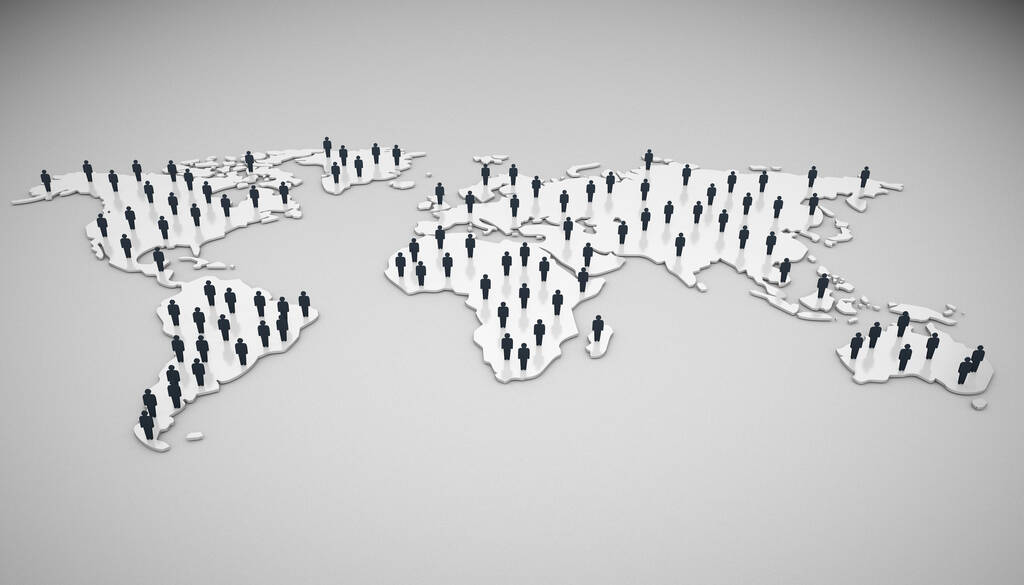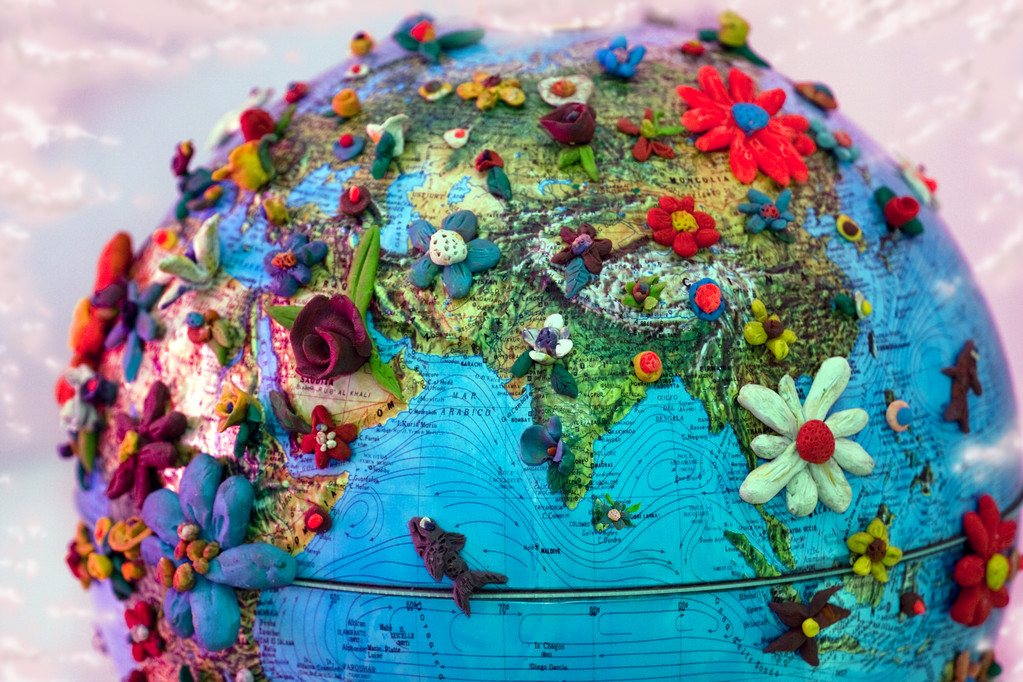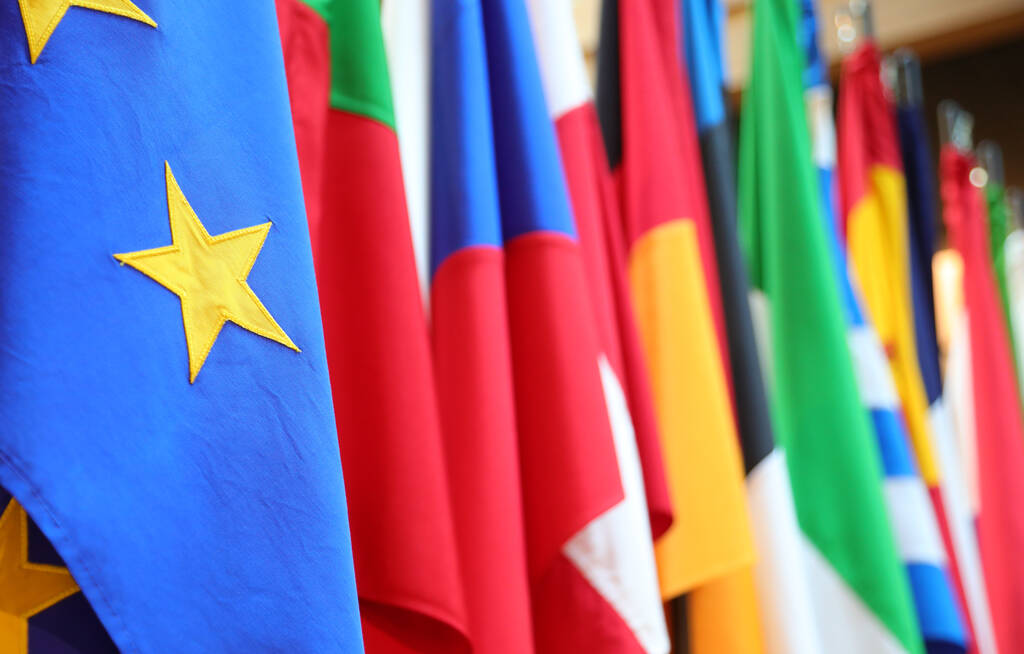Introduction
International relations, often referred to as IR, is a broad field of study that encompasses the relations between countries, organizations, and people around the world. IR is a fascinating and ever-changing field of study, and understanding its trends is key to informing policies and decisions in the global sphere.
Through the exploration of its history, current trends, regional dynamics, global governance, and implications, we can gain a better understanding of the shifting landscape of international relations.
To begin, we must understand what international relations is and why it is so important. International relations is the study of the interactions between states, nations, organizations, and individuals in a global setting.
It considers a variety of factors, such as economics, geopolitics, history, international law, and culture, to analyze the relationships between different entities. It is a field of study that seeks to explain how the world works.
The purpose of international relations is to understand the dynamic relationships that exist between different entities, and to encourage collaboration through understanding and mutual respect.
It is also used to promote peace and stability around the world. By understanding the different trends that shape international relations, we can better predict and address trends that might lead to instability or conflict in the future.
Moving on, it is important to consider the historical context of international relations. In the early 19th century, international relations was largely dominated by the European empires, with their focus on colonialism and imperialism.
In the late 19th century, the focus shifted to the balance of power between European nations and the emergence of international legal principles. In the 20th century, the world saw the emergence of nation-states and international organizations, and the growth of a global economy.
The current trends in international relations are shaped by globalization, the emergence of new global powers, and the impact of technology. The rise of globalization has led to increased economic and cultural integration across the world.
This has led to the emergence of new global powers, such as China, India, and Brazil, and has created new opportunities for countries to cooperate and compete in the global economy. Technology has also had a major impact, allowing for faster communication and faster travel, which has further increased global interaction.
Furthermore, regional dynamics have shaped international relations in recent years. The relations between East and West, North and South, and between different countries in the same region have had a major impact on global politics.
Regional conflicts have often been a driving force for international relations, and understanding the dynamics of regional relationships can provide insights into global trends.
Finally, global governance has become an increasingly important aspect of international relations. International organizations such as the United Nations and the World Bank have become key players in global politics, and have helped to shape the international system.
International laws and regulations have also become increasingly important, as they set the rules for how countries interact with each other. Economic sanctions have become a powerful tool to enforce international law, and can have a major impact on countries’ behavior.
In conclusion, understanding the trends in international relations is essential to inform policies and decisions in the global sphere.
Through an exploration of its history, current trends, regional dynamics, global governance, and implications, we can gain a better understanding of the shifting landscape of international relations. It is clear that international relations is a complex and ever-changing field, and continued study is necessary to ensure global peace and stability.
Historical Context

International relations have existed since the dawn of human history. Since early civilizations, people have interacted and cooperated to shape their world. Through the centuries, many forms of international relations have emerged, each with its own purpose and significance.
In the 19th century, international relations focused on the establishment and expansion of nation-states. During this period, many countries declared their independence from colonial empires and often formed alliances to protect their sovereignty.
This period also saw the emergence of two distinct models of international relations: realpolitik and liberal internationalism. Realpolitik was a form of international relations based on the use of power and limited international cooperation, while liberal internationalism focused on the promotion of collective security and international cooperation.
The 20th century saw the emergence of a new era of international relations, with the end of the Cold War and the advent of globalization. This period marked an increased focus on international organizations, the emergence of new global powers, and the increasing role of multilateralism in international affairs.
The end of the Cold War also created an environment of greater cooperation between East and West, with the signing of various treaties and agreements, such as the United Nations Charter.
The emergence of new technologies also changed the nature of international relations. The Internet and other communication technologies facilitated the exchange of ideas and information between countries, while advances in transportation made it easier for people to travel across borders.
The Internet also enabled the rapid spread of economic, political, and cultural ideas, leading to an increase in international trade, capital flows, and investments.
The globalization of the economy and the rise of new global powers also had a major impact on international relations. As the economy became increasingly interconnected and countries became increasingly dependent on each other for resources and services, it became necessary to develop new methods of cooperation and coordination.
This led to the creation of various international organizations, such as the World Trade Organization and the International Monetary Fund, which aimed to facilitate global cooperation.
The end of the Cold War also saw the emergence of regional alliances and organizations, such as the European Union and NATO, which sought to foster peace and security in their respective regions.
This period also saw the signing of various multilateral agreements, such as the Paris Climate Agreement, and the emergence of new international laws and regulations. All of these developments have had a major impact on the international relations landscape.
Current Trends

The world of international relations is ever shifting and evolving. From the emergence of new global powers to the increasing significance of technology, there have been a number of trends in recent years that have had an immense effect on international relations.
Rise of Globalization: In the last few decades, globalization has become a major factor in international relations. The increased globalization of the world has opened up a number of new opportunities for countries, such as the chance to engage in economic cooperation. This has, in turn, led to greater cooperation in other areas, such as diplomatic exchanges.
Emergence of New Global Powers: With the rise of globalization, new global powers have emerged. In particular, developing nations have begun to play a larger role in international relations. These countries, now more interconnected than ever before, have increased their influence in the global arena.
Impact of Technology: Technology has also had a tremendous impact on international relations. It has enabled countries to interact on a much more frequent and intimate basis. In addition, technology has made it easier for countries to engage in economic and diplomatic exchanges, as well as to communicate with one another in real time.
The rise of globalization, emergence of new global powers, and the impact of technology have all had a profound effect on the landscape of international relations.
These trends have allowed countries to engage in greater levels of cooperation, as well as to create new opportunities for economic and diplomatic exchanges. All of this has had a significant impact on the current dynamics of international relations.
Regional Dynamics

The modern era of international relations is characterized by significant shifts in power dynamics and the emergence of new global powers.
In recent decades, the relationship between East and West, North and South, and other regions of the world have also come to shape the international landscape and the way in which international relations takes place.
Relations between East and West have historically been characterized by tension and mistrust, with a deep-seated rivalry between the two regions.
In recent years, however, there has been a growing effort to bridge the divide. This has been seen in the advancement of trade agreements, the signing of diplomatic treaties, and increased dialogue between the two sides.
Relations between North and South have also been largely impacted by global and regional dynamics. The North-South divide has long been a source of conflict and tension, with the North often seen as representing the interests of the elites and the South as representing the interests of the less privileged.
In recent years, however, the North and South have found ways to cooperate, with joint initiatives in areas such as trade, climate change, and economic development.
Regional dynamics have had a profound impact on international relations as well. For example, the rise of the BRICS countries – Brazil, Russia, India, China, and South Africa – has created a new global power, as these countries have become increasingly important players in global politics and economics. Similarly, regional powers such as Iran and Saudi Arabia continue to shape the geopolitical landscape in the Middle East.
The effects of regional dynamics on international relations are also seen in the rising importance of regional blocs. The European Union is a prominent example of this, with its member states cooperating on a wide range of issues, from trade and economic agreements, to security and defense.
Similarly, the African Union has evolved into an influential regional bloc, with its member states working together to address a number of social and economic issues.
Finally, regional dynamics have also had an effect on global governance and international law. For example, the emergence of regional organizations such as the Association of Southeast Asian Nations (ASEAN) and the Organization of American States (OAS) has led to the creation of regional agreements and the implementation of regional laws and regulations.
These regional agreements and laws have impacted the global governance landscape, with their provisions often superseding international law.
Global Governance

The international community has developed a number of mechanisms to help ensure the stability and security of the global system.
These mechanisms—known as global governance—are designed to regulate and coordinate the activities of states, international organizations, and other actors in the international system.
International Organizations
The most important mechanism of global governance is the existence of international organizations. International organizations are formal or informal associations of states that are created to facilitate cooperation on a wide range of issues.
The United Nations (UN) is the most prominent of these organizations. Founded in 1945, the UN is the world’s most influential forum for international relations and global governance.
Other important international organizations include the World Trade Organization (WTO), the International Monetary Fund (IMF), the World Bank, the G20, and the Organization for Economic Cooperation and Development (OECD).
International Laws and Regulations
Another mechanism of global governance is the development of international laws and regulations. International laws and regulations are established through treaties and other legal instruments that are adopted and ratified by the member states of an international organization.
These laws and regulations are designed to govern the activities of states and international organizations and to provide a framework for resolving disputes between states.
Role of Economic Sanctions
Economic sanctions are another important mechanism of global governance. Economic sanctions are measures taken by one or more countries against another country in order to influence their behavior.
They can include trade restrictions, asset freezes, targeted financial measures, travel bans, and other forms of economic pressure. Economic sanctions can be imposed unilaterally or multilaterally, and can be used to pressure a country to comply with international law or to punish it for violations.
In conclusion, global governance is an important mechanism for regulating the activities of states and international organizations in the international system.
It is based on the development of international laws and regulations, the establishment of international organizations, and the use of economic sanctions. These mechanisms are designed to ensure the stability and security of the global system and to promote conflict resolution.
Implications

The shifts in international relations have direct implications on global security, economic stability, and conflict resolution. As the international relations landscape continues to evolve, it is crucial to understand the implications on the global stage.
Challenges for Global Security
The increase in global trade and the rise of new global powers have posed significant challenges to global security. Rising regional tensions have the potential to lead to conflicts between states, and the increasing interdependence of global economies has led to an increased vulnerability to economic instability.
The breakdown of international agreements and the proliferation of nuclear weapons have further exacerbated the security challenges facing the international community.
Challenges for Global Economic Stability
The rise of globalization has had a significant impact on the global economy. Global markets are highly interconnected, and fluctuations in exchange rates or commodity prices can lead to significant economic instability.
The emergence of new global powers has also led to an increased competition for resources and markets, leading to economic uncertainty and instability.
Potential for Conflict Resolution
The emergence of new global powers has also brought with it the potential for conflict resolution. States have an increased ability to engage in diplomatic negotiations and agreements, as well as an increased awareness of the potential consequences of engaging in conflict.
Additionally, the use of economic sanctions and international organizations has increased, providing alternative means of resolving disputes.
The shifts in international relations have presented both opportunities and challenges to global security, economic stability, and conflict resolution. The international community must remain vigilant and continue to adapt to the ever-changing landscape of international relations in order to effectively address these challenges and ensure a secure future.
Conclusion
The current landscape of international relations is complex and ever-evolving. In today’s world, the interconnectedness of countries and their citizens is greater than ever before thanks to the rise of globalization, the emergence of new global powers, and the impact of technology.
This has resulted in a range of new regional dynamics, with East-West, North-South, and even intra-regional relationships altering the face of international relations.
The global governance of international relations has also changed in recent years. International organizations have become increasingly important for enforcing laws and regulations, while economic sanctions have become a powerful tool for managing international affairs.
All of these factors have implications for global security, economic stability, and conflict resolution.
In summary, international relations is a field of study that is constantly changing and adapting to the needs of the global community.
Various historical, economic, technological, and political factors have shaped the field and will continue to do so in the future. The global landscape of international relations is one that is always in flux, and it is up to the international community to anticipate and manage these changes as best they can.
It is clear that international relations is an incredibly important field of study. It plays an essential role in global security, economic stability, and conflict resolution.
As such, it is vital that we take the time to understand its complexities and to develop strategies for managing the changing landscape of international relations.
With an understanding of the past, present, and future of international relations, we can better prepare for the challenges ahead and create a more stable and prosperous global community.

